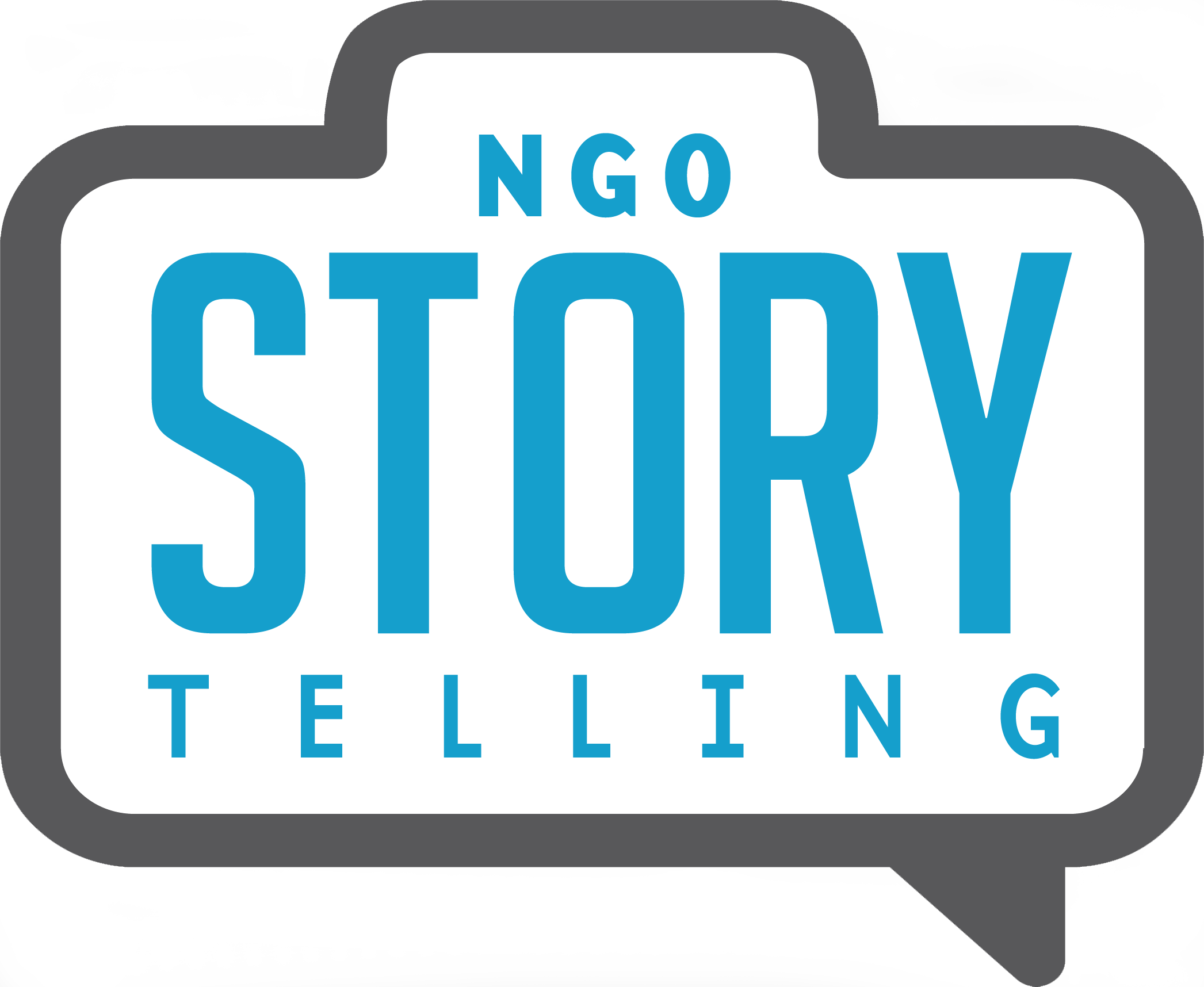What Your Nonprofit Needs to Know About Music Licensing
I was recently editing a video project and my client asked to change the music in the video. She sent me songs by several popular artists. And, as I was drafting my email outlining the technicalities of music licensing, I figured sharing this information might help you out as well. Much like stock photography, there are stock music sites where you purchase music for your media pieces. Using this music on a single piece will generally cost you $60-100 for rights usage if you find a stock music site with a nonprofit purchase option. The cost is substantially less than you’d pay if you were licensing music from popular musician who might charge thousands of dollars to use their song. One of my favorite sites to use is SoundofPicture, the home of the talented Podington Bear, a musician with a brilliant pricing system. He uses a sliding scale where the cost of licensing is relative to the overall cost of the licensee’s budget for the overall piece. So why is it important to find the right stock music site? Many stock music sites don’t have a nonprofit purchase option. Also, most stock sites consider using their music to raise money for your organization a commercial use. Commercial licensing can be more expensive, so if you find a stock music site that has a nonprofit license it's a real value. I often use TripleScoopMusic as they offer $99 dollar licensing to nonprofits. There are sites with royalty free music or CreativeCommons Licensing. CreativeCommons is one of several public copyright licenses that enable the free distribution of an otherwise copyrighted work. A “cc” license is used when an author gives people the right to share, use, or build upon the work they have created. It’s important to note that even if the music has a cc license, it might have specific stipulations on how it can be used. Many artists don’t allow their work to be used for commercial purposes. FreeMusicArchive.org also has a good assortment of music. Check out their licensing cheat sheet to better understand what music you can use for your nonprofit. Digging through a royalty free site can take more time as every artist stipulates how their music can be used. This is a good option if you’re short on money (and hopefully long on time). Music makes a huge emotional impact on the media pieces you create. I totally understand why my client wanted to use the amazing music she shared with me. But pulling music from the internet and putting it in your video is stealing another artist’s creative work. If you didn’t create the music (or the photos or videos for that matter) then you’ll likely need to pay someone for it. Nothing puts a damper on a big fundraising campaign like a lawsuit, so be sure to include the cost of music licensing in your media budget.

